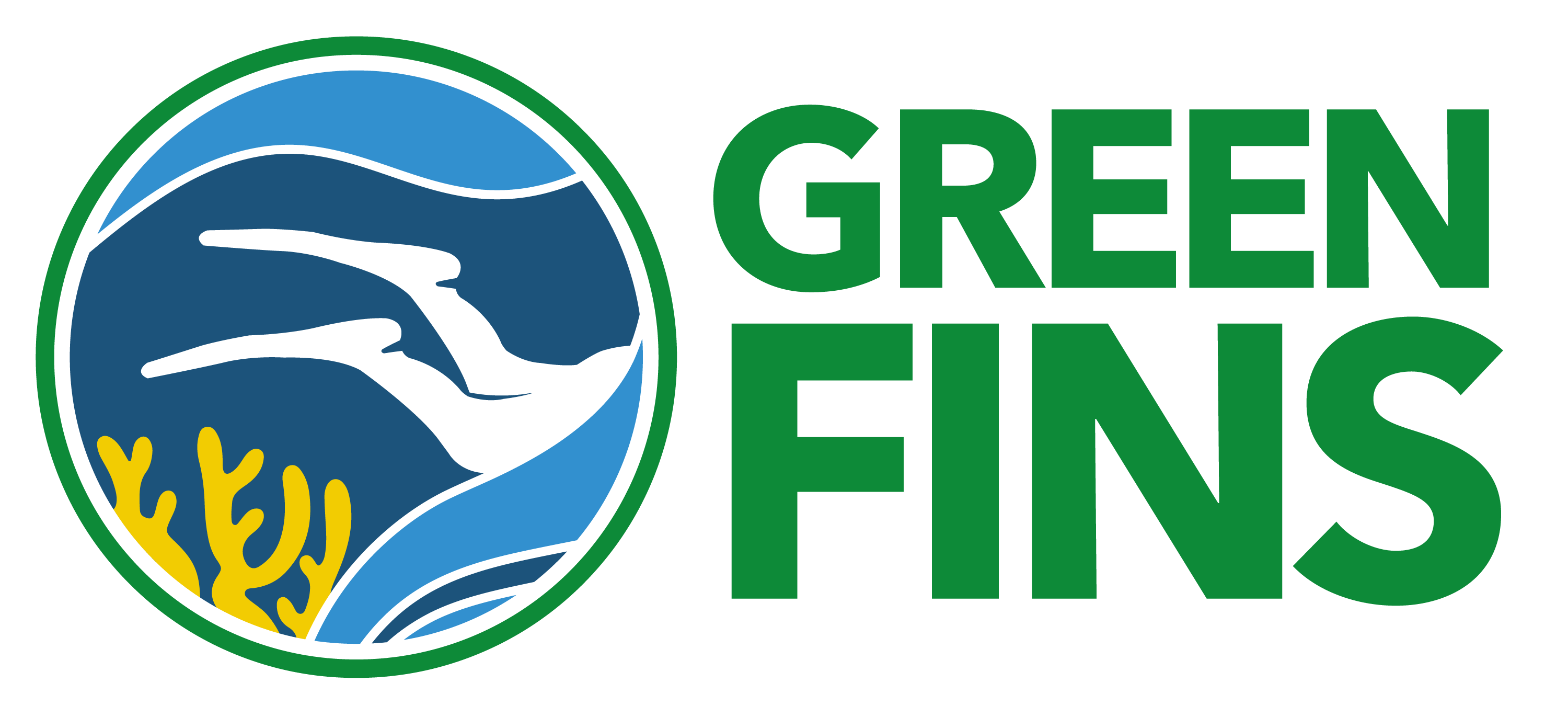The Reef-World Foundation led the discussion with industry leaders on transforming diving businesses for a blue economy
The Reef-World Foundation — the international coordinator of the UN Environment Programme’s Green Fins initiative — led the Sustainable Diving Think Tank workshop at ADEX 2023, talking about transforming diving businesses for a blue economy. With industry leaders, in two breakout sessions, two critical topics were covered:
- Building a sustainable diving business and exploring the benefits that come with it
- Exploring concrete examples of cost challenges and actionable cost-sensitive solutions
This year’s Sustainable Diving Think Tank focuses on the theme of sustainability in the diving industry. The event was delivered by The Reef-World Foundation in partnership with UNEP and hosted by Underwater 360. The goal is to promote sustainable practices within the diving industry and explore the business benefits and challenges associated with sustainability.
Chloe Harvey, the Executive Director of The Reef-World Foundation and Natalie Harms, Programme Officer on Marine Litter at Coordinating Body on the Seas of East Asia (COBSEA), UNEP, chaired the event and emphasised the importance of showcasing sustainability in the diving industry. Chloe explained the five-step sustainability pathway developed by Reef-World, which starts with awakening the need for change and progresses to embodying sustainability as the business’s mission.

Jim Standing, representing Fourth Element, shared their journey towards sustainability. They initially focused on making high-quality dive gear but realised the need to do it differently and incorporated recycled materials. Jim highlighted their incremental changes, such as using sustainable packaging and setting objectives to increase the use of recycled materials in their products. He stressed the value of collaboration and collective action within the industry to address sustainability challenges.
In the discussions, the global expansion of the Green Fins initiative, the world’s only environmental standards for scuba diving, was one of the pinnacles. Chloe also shared the survey results, which indicate consumer willingness to pay more for sustainable offerings and the industry’s need to address greenwashing and communicate their sustainability efforts effectively.
This Think Tank workshop included two breakout sessions to explore the value of sustainability, revenue benefits, and high-value products in a sustainable diving business. The participants were encouraged to share their experiences and learn from each other.

In the first breakout session, industry leaders from Fourth Element, Ceningan Divers, Scuba Junkie, Bunaken Oasis, B&J Diving Centre, PADI and International Training, including Antoinette Taus, UNEP Goodwill Ambassador, discussed various aspects of sustainability and its connection to quality and business practices. They explored the relationship between sustainability and consumer perception, emphasising that sustainability is often seen as a reflection of the quality in the eyes of consumers, especially Gen Z and Millennials. They also discussed the importance of collaboration, return customers, and word-of-mouth referrals for sustainable operations.
The costs and benefits of sustainability are well covered. The participants acknowledged that the cost-benefit calculation evolves over time and that technological advancements enable recycling and cost savings. They stressed the importance of taking action to protect the environment, even if it means absorbing higher costs and limiting profit margins. They also shared the challenges of being an innovator and the need for bravery and risk-taking in implementing sustainable practices.
The participants underlined the value of sustainability in attracting customers, generating revenue, and ensuring the long-term viability of businesses. They also discussed specific strategies and challenges related to sustainability, underscoring the importance of education, collaboration, and proactive measures to reduce environmental impact.
Key takeaways from the first breakout session —
benefits of building a sustainable diving business:
1. Environmental sustainability and conservation efforts
- Focus on sustainability attracts high-value customers.
- Offer eco-friendly products and conservation programs as higher-value offerings.
- Sustainability is synonymous with quality and appeals to environmentally conscious consumers.
2. Sustainable business practices
- Emphasise low waste, low chemical discharge, and sustainable sourcing.
- Support local communities and source local products.
- Phase out avoidable plastics, implement recycling programs and go digital.
3. Education, awareness, and collaboration
- Promote environmental education and raise awareness among customers.
- Collaborate and network with stakeholders to reduce costs and increase impact.
- Foster leadership, company culture, and social impact within the business.
4. Consumer expectations and benefits
- Consumer expectations for sustainability are increasing.
- Sustainable practices attract customers who value sustainability.
- Benefits include business security, fair wages, and higher product value.
5. Overcoming barriers and challenges
- Lack of environmental education, waste management costs, and poor training.
- Overcoming cost barriers requires changing mindset, taking small steps, and being brave.
- Time management and budget allocation for sustainable activities.
6. Technology advancements and communication
- Utilise technology advancements to enable recycling and reduce costs.
- Inform customers about sustainable options and the value of eco-friendly products.

In the second breakout session, participants discussed various low-cost solutions to address environmental concerns, highlighting initiatives related to reef-safe sunscreen, pre-departure information, engine upgrades, local sourcing, reusable products, infrastructure improvements, networking and marketing.
Key takeaways from the second breakout session —
cost challenges and actionable cost-sensitive solutions:
1. Engine Upgrades
While this upgrade can be expensive, one dive operator shared a creative solution. They sold one of their boats and fitted their other one out with four-stroke engines, allowing them to operate using a single, more environmentally friendly vessel without significant financial strain. Overall their transportation costs have been reduced as a result of this.
2. Local Sourcing and Reusable Products
Several participants stressed the significance of sourcing locally and using organic products. Establishing partnerships with organisations focused on waste reduction. A liveaboard operator achieved a 70% cost reduction by utilising homemade and eco-friendly cleaning products. Additionally, participants suggested using reusable items like rash guards instead of disposable or non-reef-safe alternatives.
3. Infrastructure Improvements
Effective waste management was identified as a crucial aspect of sustainable diving practices. Participants explored low-cost solutions such as increasing the usage of recyclable materials and making transportation more affordable. Collaboration among dive centres and the sharing of infrastructure costs were also encouraged to overcome the challenges that remote island locations face.
4. Networking and Marketing
Participants highlighted the importance of building a strong network within the diving industry. Collaborating with other dive centres, associations, and local governments can amplify the impact of sustainability initiatives. Bulk purchasing, tax benefits, and tapping into grants were suggested to reduce costs and incentivize sustainable practices. Effective marketing, including using social media platforms and engaging with organisations like PADI, was crucial to raise awareness and promote sustainability efforts within the industry.
5. Green Fins Community Forum
The Green Fins Community Forum was introduced as a valuable resource for industry professionals to share challenges, solutions, and expertise related to sustainability. The forum serves as a platform for global collaboration, connecting professionals from over 50 countries and providing access to trusted industry experts and conservation groups. Participants were encouraged to join the forum, continue the dialogue, and seek guidance from experienced practitioners.

The Think Tank breakout session on low-cost solutions highlighted numerous practical strategies for promoting sustainable practices in the diving industry. From raising awareness about reef-safe sunscreens and leveraging pre-departure information to engine upgrades, local sourcing, and infrastructure improvements, these initiatives offer environmentally friendly alternatives without significant financial burdens. By embracing networking opportunities and effective marketing, dive operators can collectively contribute to protecting the marine environment and getting the word out there. The session also emphasised the industry’s importance of ongoing collaboration and knowledge sharing to foster sustainable practices for a thriving future.
This is the fifth Sustainable Diving Think Tank workshop Reef-World has been running since 2017. The existence of the Green Fins Community Forum is one of the results of discussions from these events. Just because the event is over doesn’t mean the conversation on sustainability has to stop. Continue them on the Community Forum! Let’s keep working to protect and conserve our coral reefs!


